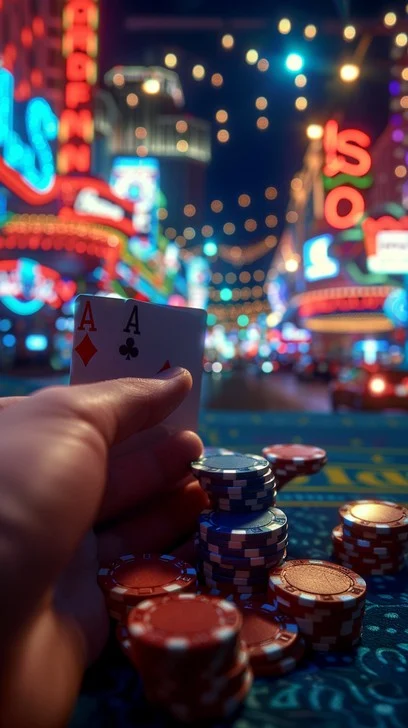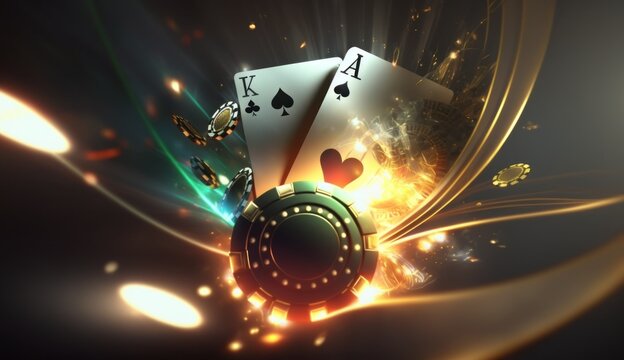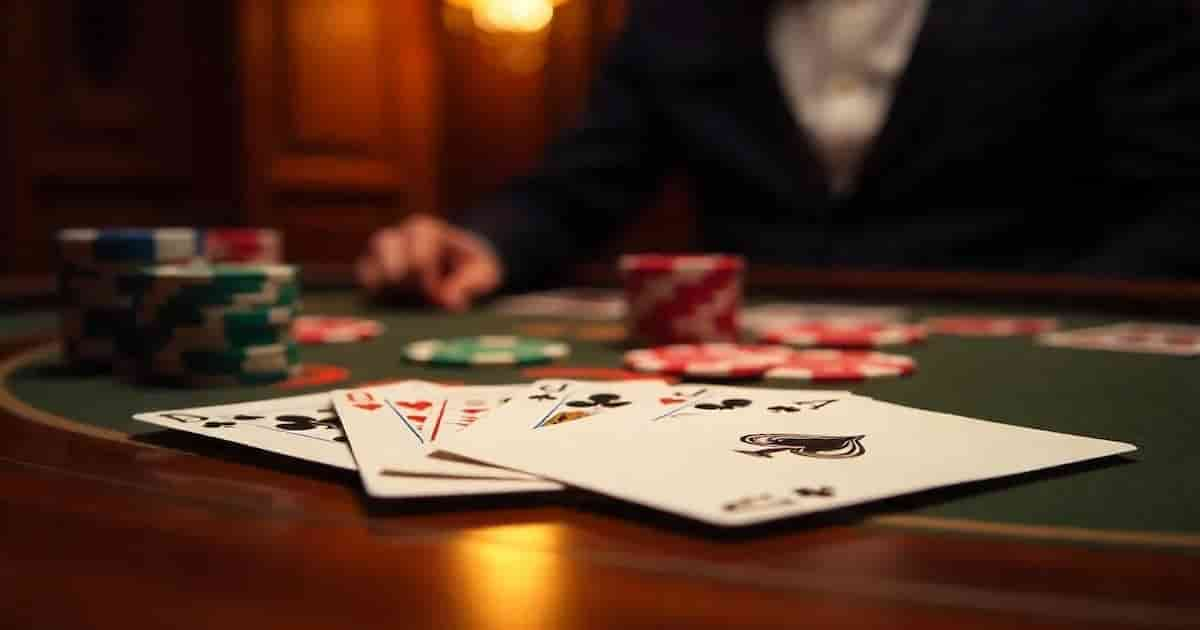
Why Is the Card Suit Called Clubs?
Unravel the fascinating history behind the clubs card suit—its origins, why it’s called “clubs,” and how its meaning has evolved
Discover the history, meaning, and symbolism of the clubs card suit and other suits like spades and hearts. Ideal for gaming fans, tattoo lovers, and card players.
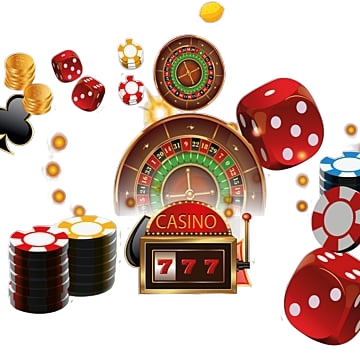
The clubs card suit is one of the four iconic suits in a standard deck of playing cards, known for its trefoil-like symbol resembling a clover. It’s often associated with growth, vitality, and dynamic energy in both card games and symbolic interpretation. Originating from the French design system, the club replaces the acorn from German cards, symbolizing life and endurance. In many games, the club suit plays a strategic role, and in tarot-style readings or cultural symbolism, it represents hard work and achievement. This suit’s popularity has extended into modern culture, inspiring tattoos, fashion, and game aesthetics. Whether you’re playing Texas Hold’em or designing a casino theme party, clubs offer rich meaning and design appeal.
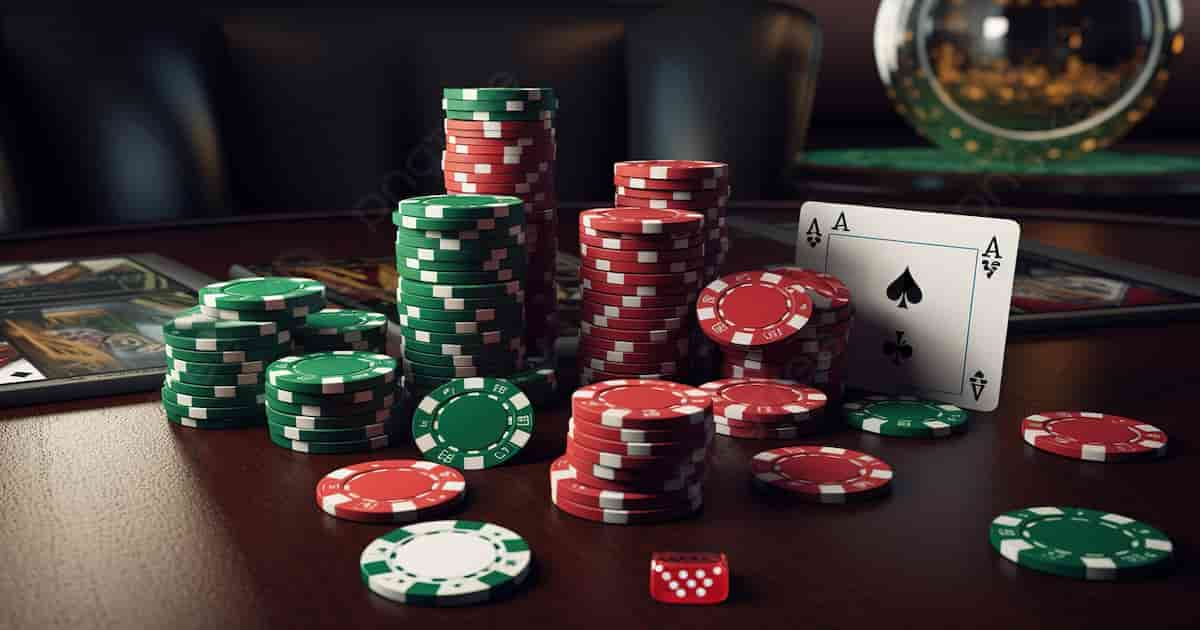
Although slots are games of chance, some strategies can help you better manage your bankroll and increase your chances. Adjusting your bets wisely and taking advantage of free spins are essential tips. In addition, knowing how the game works and the winning combinations makes the experience more fun and potentially profitable.
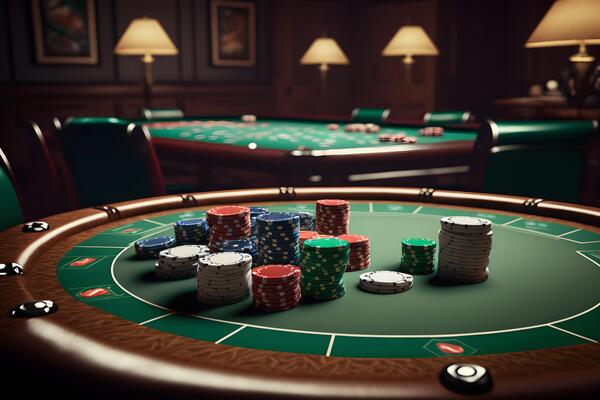
The clubs card suit meaning often revolves around themes of growth, action, and power. It’s seen as the suit of warriors, leaders, and achievers. In traditional card lore, clubs are considered masculine and connected to fire or earth, depending on the system. In casino-style card games, clubs can signify strength, bold plays, and aggressive strategy. Many players believe the suit brings energy and initiative, making it a fan favorite in competitive games. Beyond the felt, clubs card suit symbolism appears in costume designs and body art, where the suit denotes courage and conviction. The consistent triangular shape has made it a recognizable and aesthetically balanced symbol in gaming culture.

Unravel the fascinating history behind the clubs card suit—its origins, why it’s called “clubs,” and how its meaning has evolved
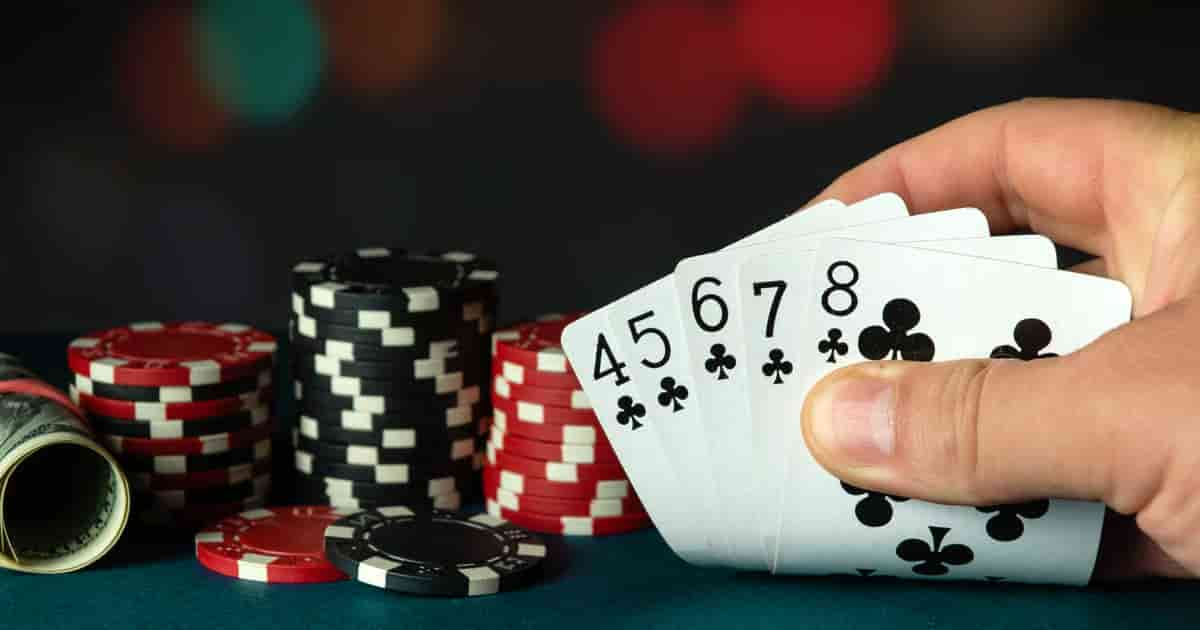
Discover the deeper meaning behind the clubs card suit and what this iconic symbol reveals about action, growth, and power

Uncover the story behind the clubs card suit—from its historical roots to its deep symbolism in gaming and beyond. 1.
If you like Great Icescape, you might also enjoy other meta slot hits for exciting spins and big winning potential!
You might wonder, why is the card suit called clubs when its symbol doesn’t look like a literal club or weapon? The name is actually derived from the Italian and Spanish playing card tradition where the suit was called “bastoni” or clubs, referring to batons or staves. When these decks were adapted into the French style, the suit’s symbol changed to a clover-like shape but kept the name “clubs.” This curious mismatch is a result of centuries of cross-cultural design evolution. For those diving into card game lore or casino history, understanding the origin of each suit adds a layer of appreciation and meaning. Today, despite its visual divergence, the name “clubs” remains a vital link to the history of European card development.
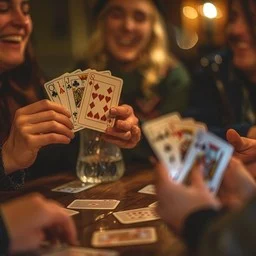
The clubs suit traditionally represents action, growth, and determination. In symbolic terms, it’s associated with physical strength, career, and perseverance, making it a powerful suit in both gameplay and card symbolism.
The name “clubs” comes from the Italian and Spanish suits known as “bastoni,” meaning batons or clubs. When card designs evolved in France, the baton symbol was changed to a clover shape, but the English name “clubs” remained.
In cartomancy, clubs relate to practical matters—such as work, finances, and action. A hand full of clubs often suggests a phase of effort, ambition, or opportunity in your material life.
Clubs symbolize energy and progress, while spades represent challenges, intellect, and transformation. Clubs lean toward action and enterprise; spades are more strategic and analytical.
